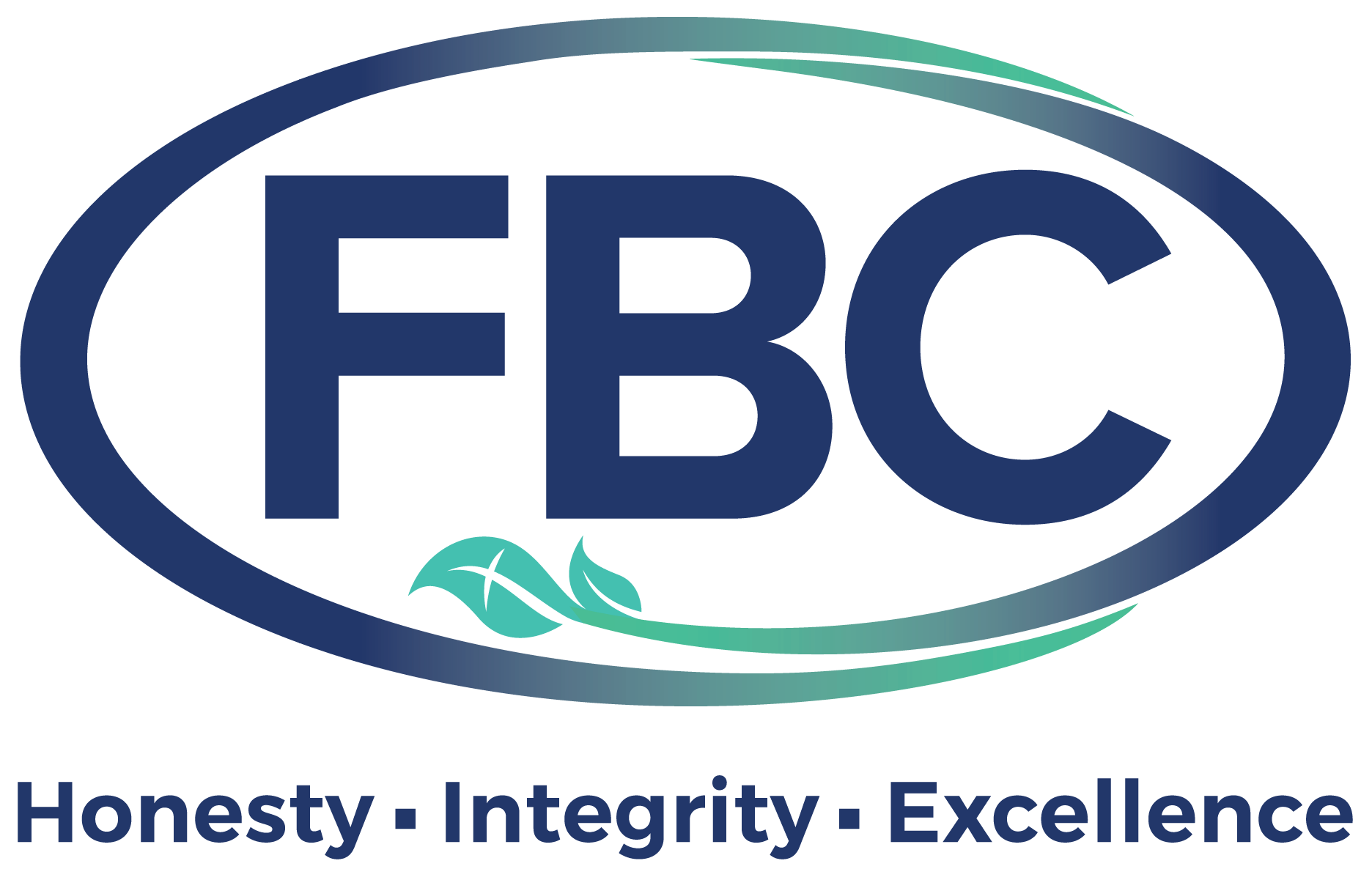Have you considered outsourcing HR functions? Every profession has its fair share of time-consuming tasks that simply must get done, but spending too much time on this work can lead you to miss the forest for the trees. This is especially true for HR teams, where tasks like taxes and payroll routinely consume excessive amounts of time.
It’s a dilemma that has many businesses turning to outsource firms and specialized software to free up time for “big picture thinking”. Services now exist to help with anything from benefits enrollment and resume screening to payroll and compliance.
This hybrid strategy works great for many businesses, but the key is to know where outsourcing is appropriate and where it can cause your business to suffer by removing the human element.
The Pros of Outsourcing HR Functions
Cost Savings
Hiring a full-time HR professional is, unfortunately, too great of an expense for many small companies and start-ups to justify. These organizations benefit the most from outsourcing tasks that are repetitive and time-consuming but don’t require an abundance of training or company-specific knowledge. Some HR functions that are ripe for outsourcing are payroll, background checks, and mass recruiting.
More bandwidth for strategy and leadership
In large organizations, HR professionals can afford to be more specialized, but in smaller companies, they need to wear many hats. That one team (or, in some instances, one person) has their hand in recruiting, hiring, onboarding, training, employee engagement, risk management, and everything in between. Outsourcing repetitive and time-consuming tasks can help free up bandwidth to focus on strategy and leadership and help avoid getting lost in the weeds.
Augmenting Internal Expertise
As companies grow, they inevitably encounter HR challenges that require expertise they don’t have in-house. For example, employee thresholds established by federal laws like the Affordable Care Act (AFA) and Family Medical Leave Act (FMLA) often expose smaller companies to legal risk if their HR teams lack the necessary skill set to manage them. Bringing in an HR professional who specializes in a particular vertical can make a world of difference. This strategy isn’t just for small companies, however. Larger organizations frequently benefit from offloading work to consultants and agencies or bringing in an expert to stay ahead of the curve.
The Cons of Outsourcing HR Functions
Removing the Human Element
The most challenging and consequential experiences in any office almost always involve HR in some way. HR teams are there when personal matters like health concerns and bereavement bring life’s most difficult moments into the workplace. Excessively outsourcing these critical HR functions runs the risk of losing the company’s connection to the human behind the job title. Great care should be taken when deciding which responsibilities are best handled in-house and which can be safely outsourced.
Diminishing internal expertise
Companies that outsource most of their HR functions can inadvertently deprioritize HR concerns. As the old saying goes, out of sight is out of mind. A good practice is to always name someone as the point person who keeps tabs on any outsourced tasks. Without this, it is easy for expectations to become misaligned. If you’re considering outsourcing HR responsibilities, pay close attention to the culture and values of the external team, as they’ll be working closely with your employees.
Less availability
Good outsourcing firms excel at balancing the needs of the many companies that they serve, but this simply cannot compete with availability provided by an in-house HR team. This con is somewhat inevitable, but it can be made unmanageable by contracting with a firm that doesn’t prioritize your company. For this reason, you should always include a performance clause in contracts for any outsourced HR responsibilities, granting you the opportunity to review performance and change course if the agreement isn’t working out.
